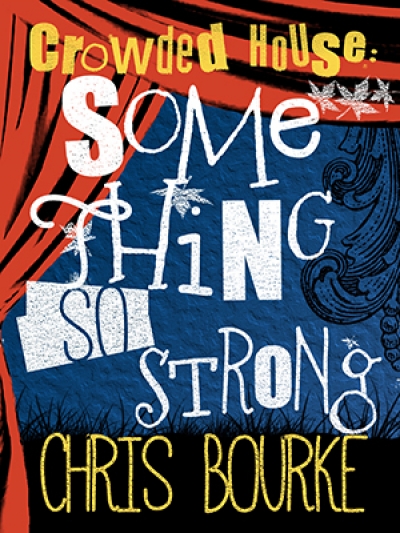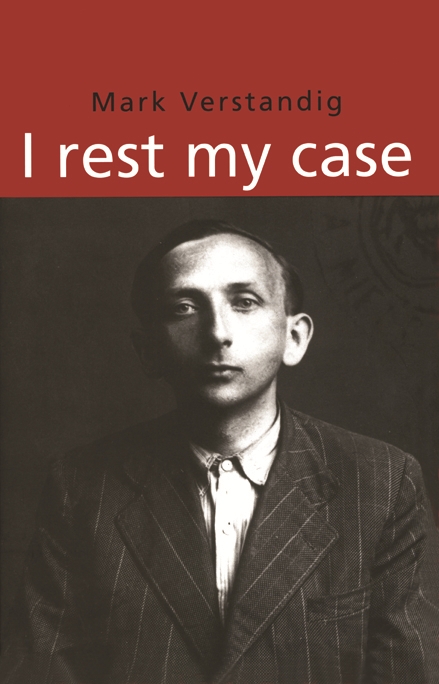Biography
Pop and rock’n’roll music is essentially disposable popular culture which throws up comparatively few enduring items. For every 10,000 albums and singles released maybe only a hundred will be listenable a year later, let alone in a decade.
... (read more)Emerarra: A Man of Merarra by Morndi Munro/Mary Anne Jebb
Merarra is the local name for the land near Walcott Inlet in the far north-west region of Western Australia where saltwater meets freshwater, coastland meets inland. And the ‘man from Merarra’ was the last ‘full’ speaker of the local, Unggumi language, a senior lawman and famous Kimberley stockman called Billy Munro, or, in his native tongue, Morndi.
... (read more)Gallienus by John Bray & A Portrait of John Bray edited by Wilfred Prest
Gallienus is hardly the best known Roman Emperor. The records of his reign from 235 to 268 are so fragmentary that even the date of his assassination can only be approximated as taking place during a six-month period.
... (read more)Greg Dening was trained for the Catholic priesthood. He became an outstanding historian of the Pacific, although perhaps better described as an anthropologist-historian, in company with Clifford Geertz, Marshall Sahlins, Nathalie Zemon Davis, and his colleague Rhys Isaac, to whom this book is warmly dedicated. Yet echoes of his initial calling linger in his work, certainly as evidenced in this collection of essays.
... (read more)Artful Histories represents that extraordinary achievement – a learned critical study, based on a thesis, which is exhilarating to read. While it covers the expected ground, with careful accounts of Australian autobiographies of various types, it also addresses a core problem of current literary debate – the relative status of different literary genres, and the interrelation between writing and life. There is no mention here of The Hand That Signed The Paper or The First Stone (they are beyond the range of the discussion) but McCooey’s elucidation of the relationship between autobiography, history, fiction, and life bears directly on the issues which have kept Australian readers arguing over the past year. At the end of his chapter on autobiography and fiction, McCooey summarises the difference in a seemingly simple statement: ‘Fictional characters die fictionally, people die in actual fact.’ The implications of this are far from simple, and McCooey argues for the maintenance of the boundary between genres on the grounds of moral responsibility.
... (read more)Almost at the end of his very long biography, Tom Roberts, Humphrey McQueen wonders why – if Australian landscape painting had so much need of a father – ‘no-one thought to install Margaret Preston as the mother’ of the genre? He has a suggestive answer to a question which needed to be posed:
... (read more)Last year, two memoirs were published in Melbourne. Abraham Biderman’s The World of my Past and Mark Verstandig’s I rest my case should be read together and alongside Roman Visniac’s photographic record, A Vanished World. As intricate depictions of Polish Jewish life before the Holocaust and as intimate memorials to family and friends, they are monuments to the persistence of memory. But they also have an importance beyond that of individual recollections because of the contrasting insights they offer into the paths to, and resistance against, genocide in rural and urban Poland. Birdman, a survivor of the Lodz ghetto in a city once home to some 250,000 Jews, was incarcerated in a series of concentration camps before his ultimate release from Bergen-Belsen. Verstandig is one of the few thousand Jews who survived in hiding in the Polish countryside, which makes his account a relatively rare and important historic record.
... (read more)The Death of William Gooch: A history’s anthropology by Greg Dening
I early disqualified myself from reviewing Greg Dening’s The Death of William Gooch: A history’s anthropology. For one thing, we are old friends. That means that if I told you that I think it a marvellous book (and I do), you might not believe me. There was another reason: being a friend, I had read much of the text in the writing, and knew the book in its earlier form as a Melbourne History Department publication, so it could not be as fresh to me as it would be to a first-time reader. Given that, self-exclusion seemed the best policy. But now I want to sneak back in, if briefly, and by a side door, because I discover that this MUP edition is illustrated, or, more correctly, illuminated, by visual texts, which so interact with the written text as to make the book new. Furthermore, the visual material was not only provided and selected by Dening, as is conventional, but author-located on the page. an innovation I would very much like to see become the convention. It is a fascinating extension of the text producer’s role, and elongates an already formidable writer’s reach.
... (read more)Lily Brett has a character – Rosa Cohen – who makes it her business to read everything she can about the Holocaust. ‘She told me that she had been reading books on the Holocaust for over eight years.’ Another character says,
... (read more)A friend of mine remembers a reception during an Adelaide Festival of the Arts. It was a large gathering: visiting musicians, singers, actors and writers, members of the Adelaide establishment, people from the university. The hosts were Ninette and Geoffrey Dutton. My friend, a visitor from Sydney, was struck by the Duttons’ confidence and sophistication. They were a handsome couple, she recalls, entirely at ease with the famous people who had come to the Festival from many parts of the world.
... (read more)









